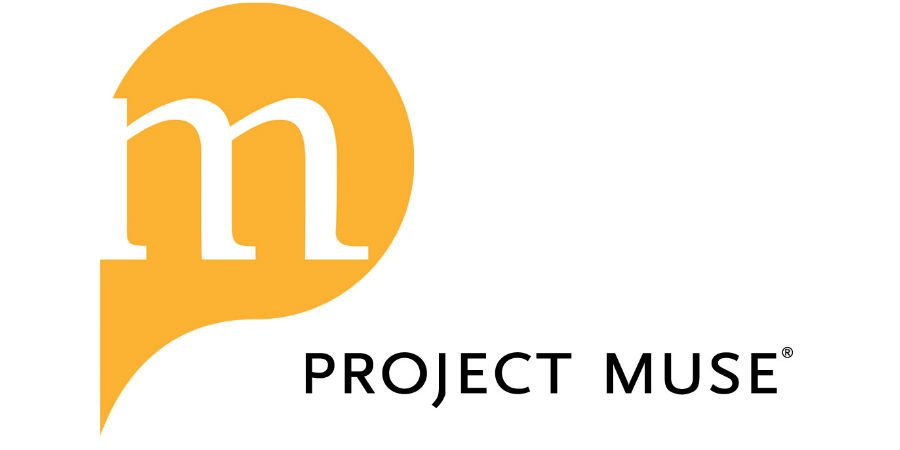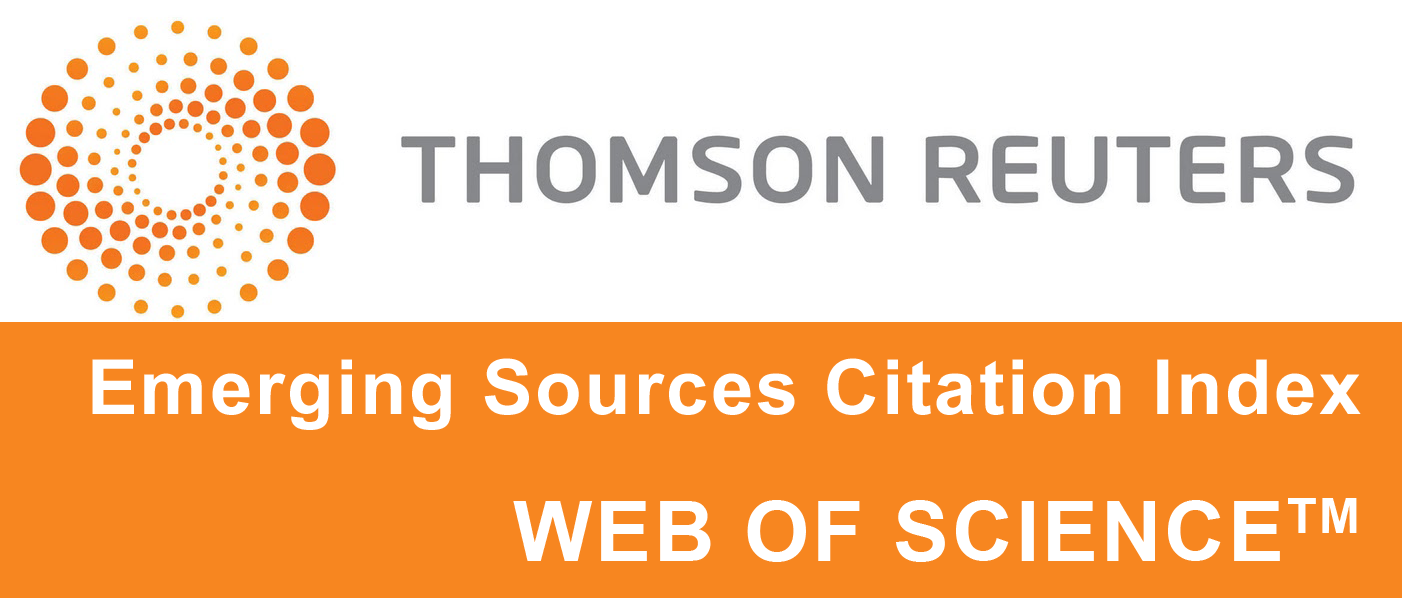Medicalizing Gutom Hunger, Diet, and Beriberi during the American Period
Abstract
This article looks at American responses to food scarcity in the colonial Philippines. Dismissive of hunger and starvation in the early occupation, Americans initially ascribed ill health to poorly chosen foods like rice. Labor unrest, crop failures following Taal Volcano’s 1911 eruption, and José Albert’s identification of infantile beriberi, however, forced American administrators, doctors, and agriculturalists to confront scarcity in several ways. First, “corn campaigns” sought to enhance rice-based diets with corn. Second, research linking beriberi to mechanically milled rice led to vitamin B supplementation campaigns. However, the medicalization of hunger obscured the root causes of scarcity, which American rule exacerbated.
KEYWORDS: BERIBERI • FAMINE • UNITED STATES • HEALTH •PHILIPPINE–AMERICAN WAR
Philippine Studies: Historical and Ethnographic Viewpoints is published by the Ateneo de Manila University
ISSN: 2244-1093 (Print)
ISSN: 2244-1638 (Online)









